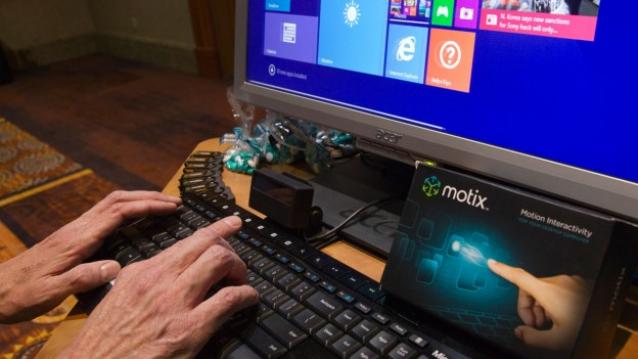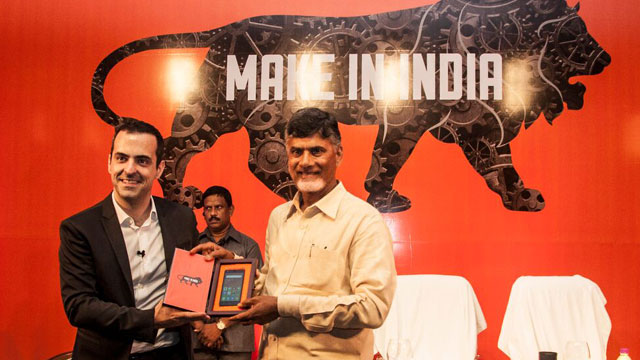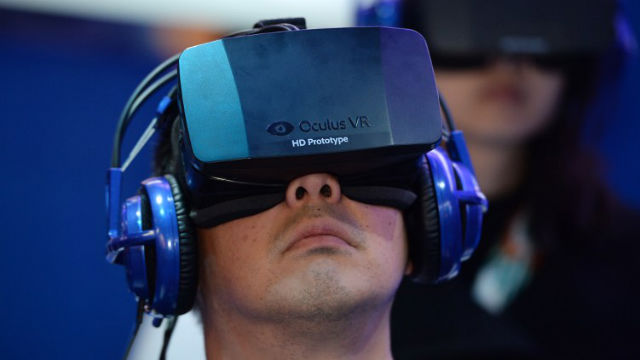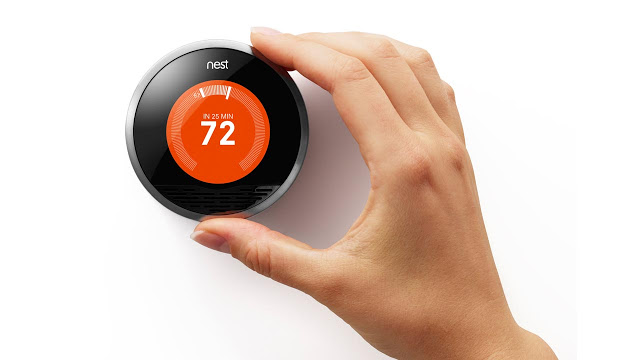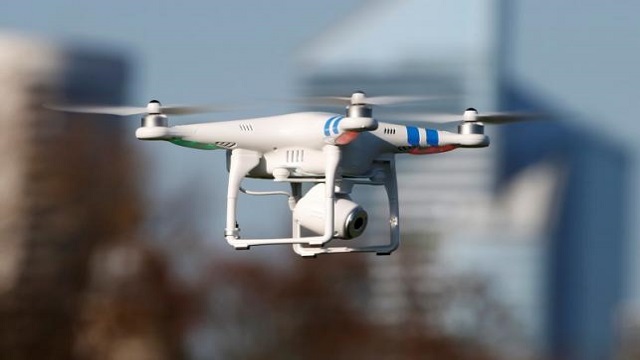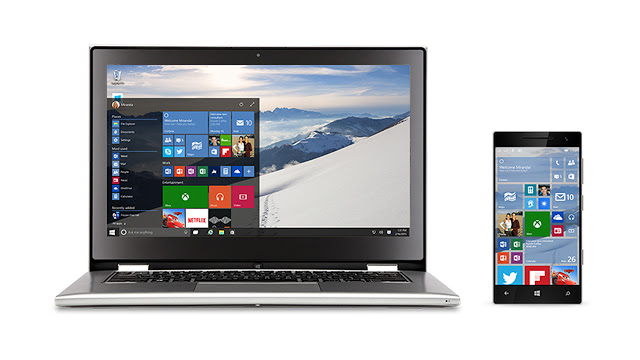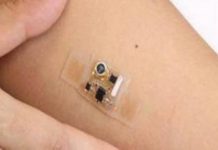We’ve finally reached the end of the year. Over the course of the past 12 months, a lot has transpired in the tech world. Looking back, there have been several announcements and developments that have been significant. When we sat down to discuss the year gone by, each one of us had tons of points to make from across verticals of interest. Here is our list of the most prominent events that took place in 2015.
Naina Khedekar
Net Neutrality debate
One of the hottest ongoing debates in the tech sphere that kept internet free-thinkers and activists busy through the second half of the year was net neutrality in India. ‘Save the Internet’ website was set up to rebuke threats like Airtel’s zero platform and Facebook’s Internet.org that it tenaciously tried to bring back to India repackaged as Free Basics. Facebook is now trying to create a movement of sort and coax people into supporting its ‘free Internet’. There is no free lunch and many people (read me) believe Facebook is simply trying to bring its shrewd business strategy under the pretext of connecting billions of people, and Internet will never be the way we’ve known it.
Make in India
PM Narendra Modi’s ‘Make in India’ initiative has garnered immense interest ever since it was announced, especially in the mobile phone sector. Throughout the year, we saw several Chinese as well as some Indian phone vendors jump onto the ‘Make in India’ bandwagon. The list includes Asus, Micromax, Gionee, Vivo, Oppo and more. There have been investments pouring in to start assembling mobile phones here. Yes, it’s assembling as we still don’t possess the facilities to start complete manufacturing. However, there needs to be a start in some form, and this will give a headstart to interactions from component players and suppliers in India.
Karrishma Modhy
Driverless cars
Who would have thought that this would eventually be a reality! This year, Google, Apple and other automotive companies announced plans for driverless cars. Even though, it will take a while for these driverless cars to work effortlessly, these vehicles are said to bring about a great deal of changes. Not only is it said to save thousands of lives every year, carbon emissions will be reduced along with traffic! In 2012 Google founder Sergey Brin stated that the Google Self-Driving car will be available for the public in 2017, and in 2014 this schedule was updated by project director Chris Urmson to indicate a possible release from 2017 to 2020!
Virtual reality
Virtual reality is said to ‘change the world’ in 2016. A technology, where we can strap on hardware onto our heads with earphones, and havea much more immersive experience than mere two dimensional viewing. The aim is to bring this tech into our homes and make it a part of gaming, entertainment, healthcare, communications, and might revolutionise how we perceive things. 2015 witnessed the official release of many VR headsets such as Samsung’s GearVR, HTC’s Vive, and a lot of us have got a taste of Oculus Rift’s headset although an official launch is still awaited. Let’s see what’s in store for 2016!
Pranjal Kshirsagar
Internet of Things and Big Data Analytics
Internet of Things(IoT) moved out of labs and test cases to go mainstream this year. Google acquired Nest, the smart thermostat maker, in January 2014 to fuel its connected homes aspirations. This year, we saw the Nest 3rd generation get released. Taxi services such as Uber and Ola cabs have reaffirmed the importance of Big Data. These services use Big Data Analytics to predict the geographical nature of demand for a cab. It might be perceived as the silver bullet to solve all decision-making woes, but analytics needs to be applied to specific situations to generate insights. Otherwise, it’s just a needle in the haystack.
Mergers and Acquisitions in tech
The tech industry really shined in terms of M&A deals in 2015 – the biggest year in deals since 2000, find market reports. With changing dynamics in the technology landscape due to influx of SMAC (Social, Mobile, Analytics and Cloud), even prominent companies such as Apple, IBM and Microsoft looked to lap up the smaller, more agile players to develop domain expertise. Industry reports peg the year-to-date M&A deal values at $449 billion in the US alone. The deal of the year, however, still remains the slightly complex $67 billion Dell-EMC saga – that will see closure sometime in the second or third quarter of 2016.
Mobile Payments
Talk about mobile payments and the first thought that comes to mind are services like Apple Pay, Samsung Pay and Android Pay. However, none of these have made it to India yet (due to technical challenges), but there are plenty of software options sprouting locally with services such as Paytm, FreeCharge, Citrus Pay, M-pesa and many more. So while we wait for the software giants to make their foray into India (seems to be taking a bit too long), the growth of mobile payments remains gradual at best and mostly app driven. While the IDC’s graph does show an exponential rise in numbers for Asia, the bottom-line remains that awareness needs to increase and the big guys need to step in to make mobile payments easier to use.
Drones
Drones sound like fun abroad, but out here in India, they would simply be limited to really small toys or to the ones used for “official” surveillance purposes. After Amazon tried its delivery system with drones abroad, it is hard not to imagine much better applications for drones in the future than just toys for consumers. India however seems stuck with permissions and while things may change in the near future, buying your own drone (for whatever purpose) and flying it around will still get you into trouble with the local cops. Hopefully those restrictions are lifted, but there are other issues related to privacy that fall into place that will shoot them down.
Nimish Sawant
Processors and mobile computing
In the processor space a lot happened this year on the desktop as well as on the mobile side of things. Intel finally released its 6th generation Skylake series of processors for desktop and mobile systems. Core M, Intel’s processor lineup for thin form factor (fanless systems) got a boost in the arm with multiple SKUs of the same being released. On the mobile front, we saw new launches by Qualcomm only towards the end of the year. So effectively, we’d see phones sporting these processors only next year. MediaTek Helio processors were seen on a lot of mobile phones this year with talks of it planning to release a 10-core chipset this year – which didn’t happen. This year was dominated by instances of the ‘Snapdragon 810 chipset’s heating issues’, which we have highlighted in some of our smartphone reviews. Qualcomm specially, has a lot riding on its next flagship – Snapdragon 820 SoC – as it marks the return of customised Qualcomm CPU cores. This year, Samsung’s Exynos 7000 series and Exynos 5000 series processors have been particularly impressive. Intel’s smartphone chipsets have an uphill battle in the coming year.
Are we living in a tech bubble?
Short Answer: Yes.
Long Answer: This year has clearly been one where technology products and services have gone from just being visible online to being seen on large hoardings, on TV commercials, as front-page advertisements in newspapers and so on. Startups are Sexy! But how much of this money is actually made by the startups themselves? In 2015 alone, Indian startups have received over $5 billion in investment from 490 investors. The billion dollar valuations are honestly a double edged sword.
Take Housing.com for instance. which had a literal marketing blitzkrieg in the initial half of 2015, but in August there were reports that 600 employees would be laid off. Zomato was in talks to lay off 10% of its staff. Tiny Owl laid off 112 employees and their founders were held hostage in their own offices. Flipkart and Snapdeal’s big discount days seem cool during festive seasons, but is that helping these companies generate massive profits? Take any service or app for instance, and chances are you will find its clones too. How long will such a model survive?
To quote Evan Spiegel, the founder of Snapchat, it’s not a question of ‘If’ but ‘When’ this tech bubble will burst. We are all aware of the Dot com boom and bust cycle of early 2000s. The current tech startup scene is an eerie reminder of the same. Corrections and/or consolidations are inevitable.
Nash David
Microsoft is back in style
Microsoft has turned itself into a young and agile company. With Windows 10, it transformed the way we looked at an operating system. While the industry was looking at the smartphone market and envisioned a world powered by mobile computing, Microsoft had missed the race.
Windows Phone wasn’t a formidable challenge to the operating systems out there. It was a distant third with Android and iOS capturing most market share. With Windows 10, irrespective of existing preferences, Microsoft has successfully changed the way we perceive it. It blew everyone’s imagination when it demoed the HoloLens, Continuum and the possibilities with Windows 10.
Microsoft even introduced products such as the Surface Pro 4 and the Surface Book, which has an edge over competition in terms of its spec sheet. Moreover, it has gotten closer to the open source community and surprisingly also used iOS and Android devices at product demos. That was a welcome change, and we’re looking forward to see how Microsoft continues this transformational journey through the next year!
2G, 3G and now 4G
It’s finally happening. We’ve all cribbed through the years about how our internet connections are dependable. And how we lag way behind international averages. The developed world complains about the available speed when they’re in the 10s of megabytes. And here we are debating about call drops, choppy networks and spectrum scarcity. Over the past year, all of these debates have been centred around the lack of internet connectivity. And this year, the focus of conversations were around 4G. High speed internet is finally arriving here. Telecom operators are gearing up towards the emergence of high speed 4G services in India. It is expected to change the way we evolve.


